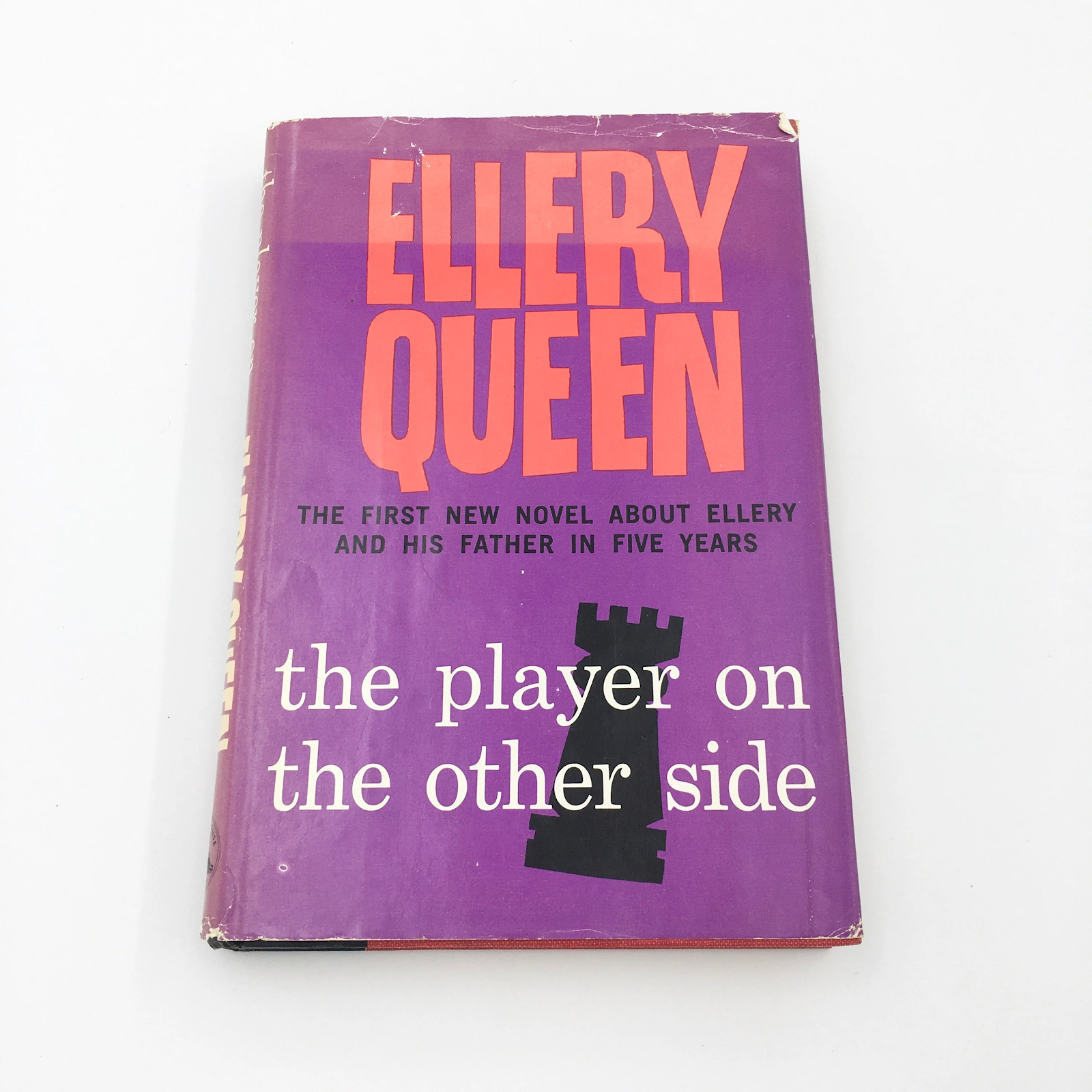This novel is widely regarded as the best of the ghost-written Ellery Queens and I certainly preferred it to a couple of those that I've read. The plot is ingenious and definitely in the classic vein. One of the tropes of the genre that is used is a family tontine, although this plays only a background part in the story. There's a plan of the four houses occupied by members of the York family who are beneficiaries of the tontine.
A seemingly simple-minded handyman called Walt, who works for the Yorks, receives an anonymous message which proves to be the precursor to a number of similar messages instructing him to carry out the sender's wishes. Walt becomes, in effect, the instrument of a murderer. Small cards bearing a single letter sent to potential victims add to the sense of doom and foreboding. It's up to Ellery Queen (and his long-suffering father, Inspector Queen) to solve the puzzle.
This is a cleverly contrived mystery and I can see why it is well-regarded. The central puzzle is ingenious and there are several nice touches, including an extended metaphor involving the game of chess. The story is pacy, despite the occasionally baroque writing style. However, I found myself wishing that I liked the characters (including Ellery, to be honest) rather more. But I'm very pleased to have the copy Sturgeon signed. And I did like the fact that, when first introduced, Ellery is bemoaning the fact that modern technology has made the old-fashioned delights of classic detection impossible. He spoke too soon!

No comments:
Post a Comment